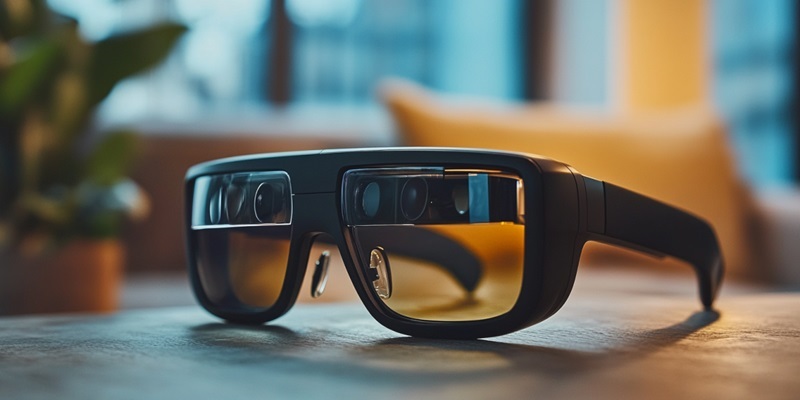The tech world is abuzz with Xiaomi’s latest announcement, signaling its grand entrance into the burgeoning smart glasses market with an AI-driven wearable anticipated for release in Q2 of 2025. This strategic move aligns with Xiaomi’s mission to expand its innovative product lineup and take on established competitors in the wearable technology sector. The new smart glasses, developed in collaboration with Goertek, are set to feature advanced video and audio capture capabilities, leveraging artificial intelligence to refine voice interactions and real-time data processing. With Xiaomi CEO Lei Jun’s ambitious goal of shipping over 300,000 units, the company shows high confidence in this new product’s market potential. However, it remains to be seen whether these smart glasses will be available outside China upon debut.
Competition Intensifies in Wearable Tech Sector
Xiaomi’s entry into the smart glasses arena is poised to significantly ramp up competition among wearable tech giants like Meta, Snap, and Baidu. Meta’s Ray-Ban Smart Glasses, for instance, offer comparable AI functionalities, which set a high bar in the market. At the same time, Baidu’s Xiaodu AI Glasses incorporate a 16-megapixel camera, along with advanced interactions with language models, showcasing the intense rivalry in this sector. Despite the strong competitive landscape, Xiaomi’s smart glasses could carve out a niche for themselves, riding on the company’s robust brand presence in China and its increasingly assertive global reach. As many consumers search for an alternative to premium offerings, Xiaomi may provide a more affordable option without sacrificing technological sophistication.
Future Innovations and Market Impact
The debut of Xiaomi’s AI-driven glasses marks a significant development in wearable technology, highlighting the increasing role of artificial intelligence in everyday consumer devices. This integration not only boosts user experience but also sets the stage for future tech advancements. As Xiaomi continues to innovate, we can expect even more advanced wearable gadgets soon. These smart glasses, featuring real-time data processing and improved voice interaction, are just the starting point, suggesting AI’s immense potential to enhance daily life. If Xiaomi can overcome initial market challenges and achieve global availability, its wearable technology could significantly influence future trends and competitive dynamics in both the Asian and international markets.
In conclusion, Xiaomi’s AI-powered smart glasses symbolize the company’s progressive mindset and represent a bold step into the future of wearable tech. Although the journey ahead presents challenges, the potential benefits are substantial, promising to transform the tech landscape for many years to come.

